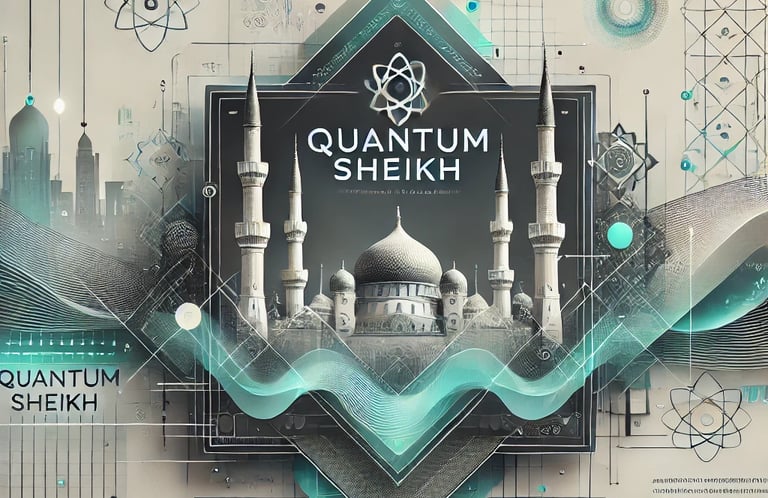Quantum Information, Game Theory, and the Future of Rationality
Quantum Sheikh is a public research notebook on quantum information and computation and their (near-term) applications, with an emphasis on game theory, data science, and the limits of classical models. I explore how features of quantum information — such as contextuality, entanglement, and discord — reshape our understanding of decision-making, particularly in economics and finance, where most models still rely on classical probability and classical information structures.
I aim to explain these ideas in plain English, using minimal jargon and as few equations as possible, so the notebook stays accessible to readers across disciplines — especially those without a technical background in quantum physics, game theory, or data science.

